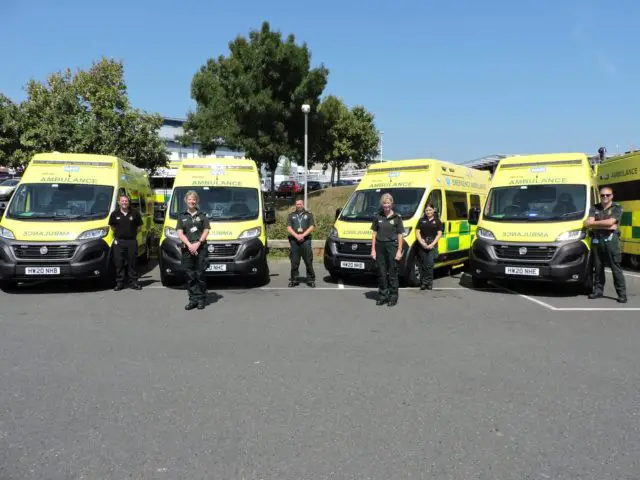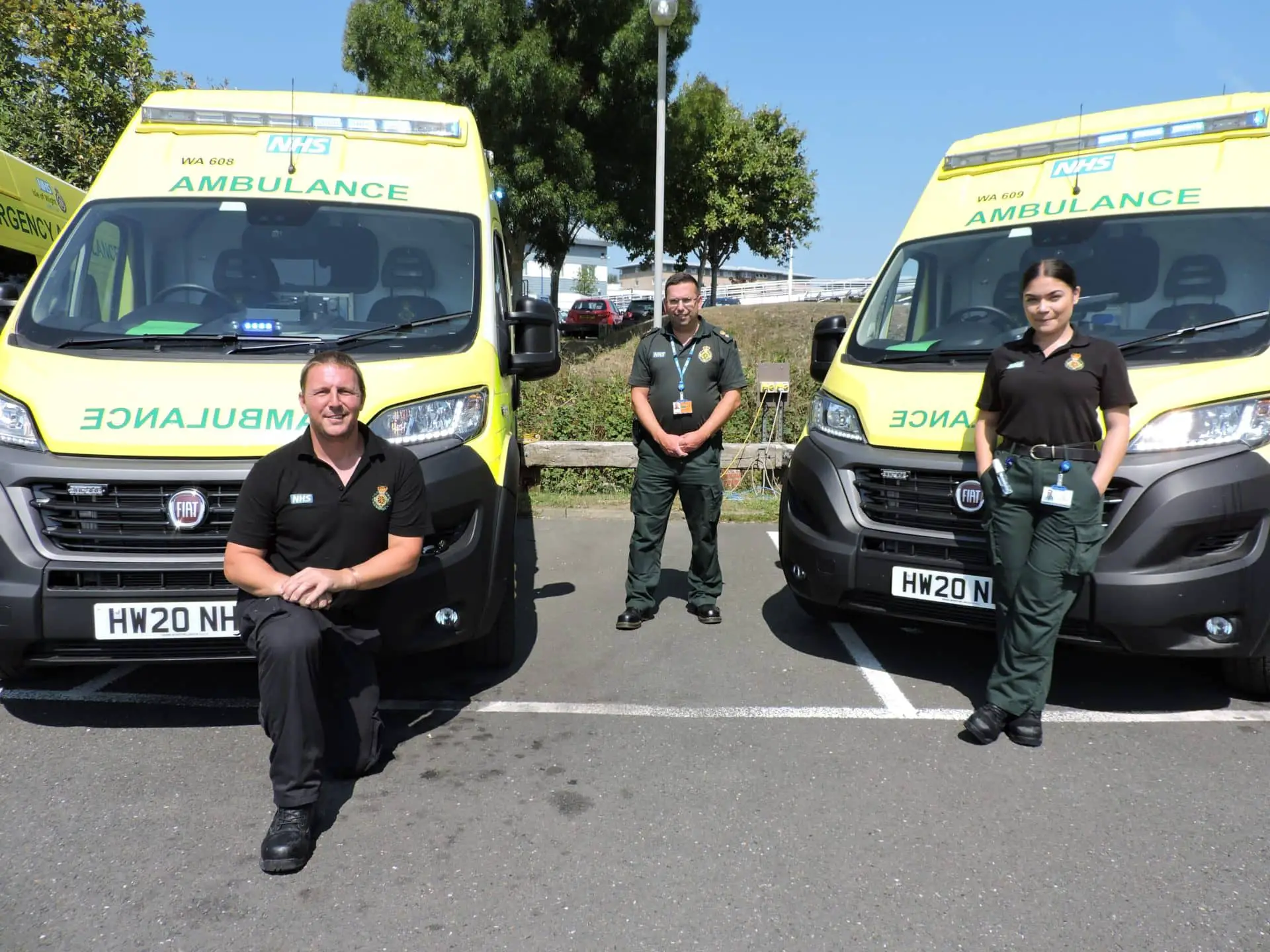The Isle of Wight NHS Trust has become the first in the UK to launch an ambulance decontamination programme for all emergency and non-emergency vehicles.
The programme, which uses ProXcide hydrogen peroxide vapour (HPV) technology to remove viral and bacterial micro-organisms from vehicles, aims to ensure the same standards of clinical decontamination are maintained across all patient care services inside and outside the hospital.
Developed by leading UK-based infection prevention and control company Inivos, ProXcide is designed to effectively decontaminate clinical and public environments of potentially dangerous micro-organisms – including the SARS-CoV-2 pathogen which causes the Covid-19 virus.
HPV technology
Already in use in hundreds of hospitals across the UK, HPV technology can reduce viruses and bacteria to safe, non-infective levels in under two hours by breaking down their genetic code.
It also deactivates and removes the HPV from the environment at the end of a decontamination cycle, meaning emergency responders don’t need to wait for vapour to dissipate naturally before the vehicle is back in commission.

The mobile decontamination robot is remote-controlled to ensure operator safety and provides validation reports at the end of each cycle so paramedics can be confident that a decontaminated vehicle is safe for patients to enter.
Donegan: Proud to be the first
Andrew Donegan, Head of Facilities at Isle of Wight NHS Trust commented,
“We’re proud to be the first NHS Trust to take this step to decontaminate ambulances in this innovative way, meaning our emergency staff can carry out their work in a safe environment that matches that of their hospital-based colleagues and our patients can be confident they are receiving care to the highest standards of infection control.
“As we already use ProXcide, Ultra-V and ProXpod technology across the hospital to decontaminate shared patient equipment, it was a natural next step to extend that high standard of decontamination to our emergency vehicles.
“This is made possible by our unique identity as England’s only integrated acute, community, mental health and ambulance health care provider, providing a wide range of health services.”
Karitonas: Clinical decontamination technology will soon become the norm
Tautvydas Karitonas, head of research and development at Inivos commented,
“We’re so pleased that Isle of Wight have launched this innovative and forward-thinking pilot programme to bring the same high standard of clinical decontamination from the hospital out to emergency responder and patient transport vehicles.
“Our ultraviolet-C and hydrogen peroxide vapour technologies are already used by more than a third of NHS Trusts; however, we believe that clinical decontamination technology will soon become the norm in clinical services of all kinds as forward-thinking trusts like Isle of Wight look to secure best-in-class technology to ensure the continued health and wellbeing of their patients during this pandemic.”
News shared by Olivia Falconer on behalf of Inivos. Ed





